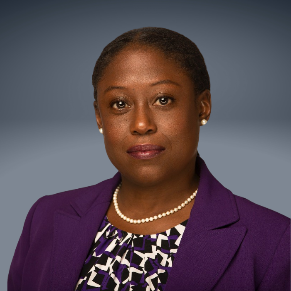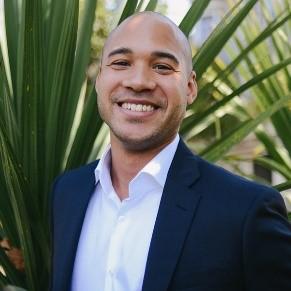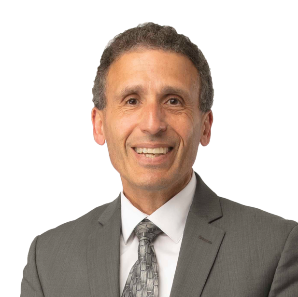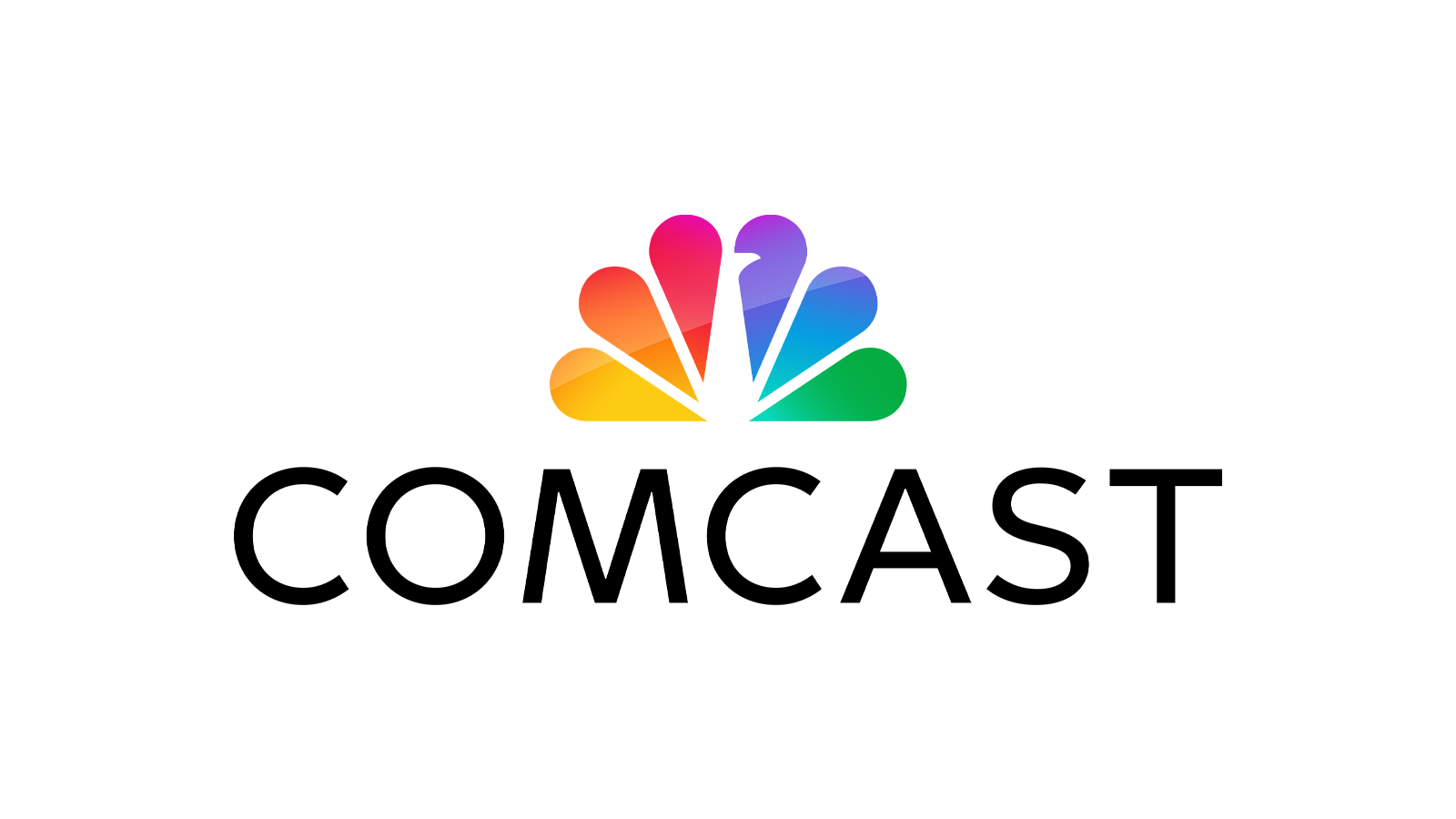Building Digital Skills for Economic Mobility
Comcast NBCUniversal digital equity partners Ayele Shakur, Chief Executive Officer of BUILD; Michael Ellison, Founder & CEO of CodePath.org; and Plinio Ayala, President & CEO of Per Scholas, recently sat down with Julia Reusch, Comcast’s Director of Strategic Partnerships & Community Impact at the 2021 Social Innovation Summit.
The conversation focused on The Case for Building Skills for Economic Mobility and how these three partners are providing training and development opportunities for high school students, college students, and adult learners to fully participate in the digital economy.
Comcast is committed to creating opportunities for even more Americans to succeed by investing in organizations like these that are bringing more diversity to tech and teaching marketable skills for the future. Julia spoke with these three leaders about how they are leveling the playing field through their work. Below are highlights from the conversation.
Julia Reusch: “The pandemic laid bare what we have long known: economic success is dependent on one's access and ability to participate in the digital economy. And unfortunately, far too many people, particularly those from underserved communities, lack access to proficiency and technology.”
“This digital inequity means that over 40 million people, disproportionately those who already face systemic challenges, are being blocked from opportunities for economic mobility. Over the last year, Comcast NBCUniversal has deepened and refocused our commitment towards helping more people build the skills to use technology. We believe that ensuring that everyone has the skills required for the digital age is one of the most consequential actions we can take in the fight for equity. And that's why we're partnering with the extraordinary leaders joining me today.”
“When we talk about digital skills, and Michael I'll start with you here, what are some of the things that are higher priority for you and for CodePath in really helping to advance those digital skills?
Michael Ellison: “We're primarily focused on software engineering. And it's not that every student needs to become a software engineer, but we want to equip as many people as possible with the most powerful tools to realize their full potential and to shake the world and to control their reality.”
“You hear in the news in the past year, all of these billionaires who have been created because they've been working in tech companies, and this skills difference is a gap that we can cross and that we can make accessible to a wide variety of the population if we just choose to meet them where they are and focus on what are these default pathways that we can change so that then it's accessible. It’s software engineering, it's tools, but really, I see this as pathways to power, pathways for the majority of our population to be able to then shape the world that they want to see.”
Ayele Shakur: “Having software engineers, people who know how to code, that’s one aspect of it that is vitally important, but there are other digital skills, just the basics that we focus on in BUILD. We're an entrepreneurship program, we're focused on helping young people become the CEO of their own lives, and as we started to digitize our program and bring it online, we wanted to also bring this idea of digital fluency and digital skills online as well.”
“There are so many jobs today that will be eliminated by technology tomorrow, but yet there's also so many jobs of tomorrow that haven't even been invented yet.”
“That's why we think helping young people develop an entrepreneurial mindset is really important, so they know how to adapt and pivot and invent and create and reinvent themselves.”
Julia Reusch: “Plinio with you, you are really on the front lines of the next steps: getting graduates placed in those high paying tech jobs. With all the changes brought on by the pandemic, we're talking a lot about the future of work and what that looks like. In your view, what are some of the biggest challenges to upskiling our existing workforce, training the incoming workforce with relevant digital skills, and how all of that can help them secure living wage job?”
Plinio Ayala: “There, no question that before the pandemic, this country was grappling with what to do with the future of work, that AI was threatening to decrease significantly the jobs in retail and hospitality and transportation. The pandemic didn't slow that down, it actually accelerated that.”
“As we think about how we get people upskilled and re-skilled to take advantage of the jobs that do exist, the good news is that even though I call technology the great jobs eliminator, it really does in many ways create many new jobs. Behind that boarding pass app are people coding, people supporting systems and mainframes and creating security for data.”
“Those are good paying jobs. Jobs that are continuing to grow, and so as we think about upskilling people, we need to upskill them in sectors where we know the jobs are going to stick. Sectors like IT, healthcare and advanced manufacturing. I think that the time for heavy investment in reskilling and upskilling segments of our workforce is right now, we can't wait.”
Learn more about our long-standing commitment to digital equity and our $1 billion investment over the next 10 years to help further close the digital divide.
View highlights from our panel on the Intersection of Entrepreneurship and Racial Equity at the 2021 Social Innovation Summit.




